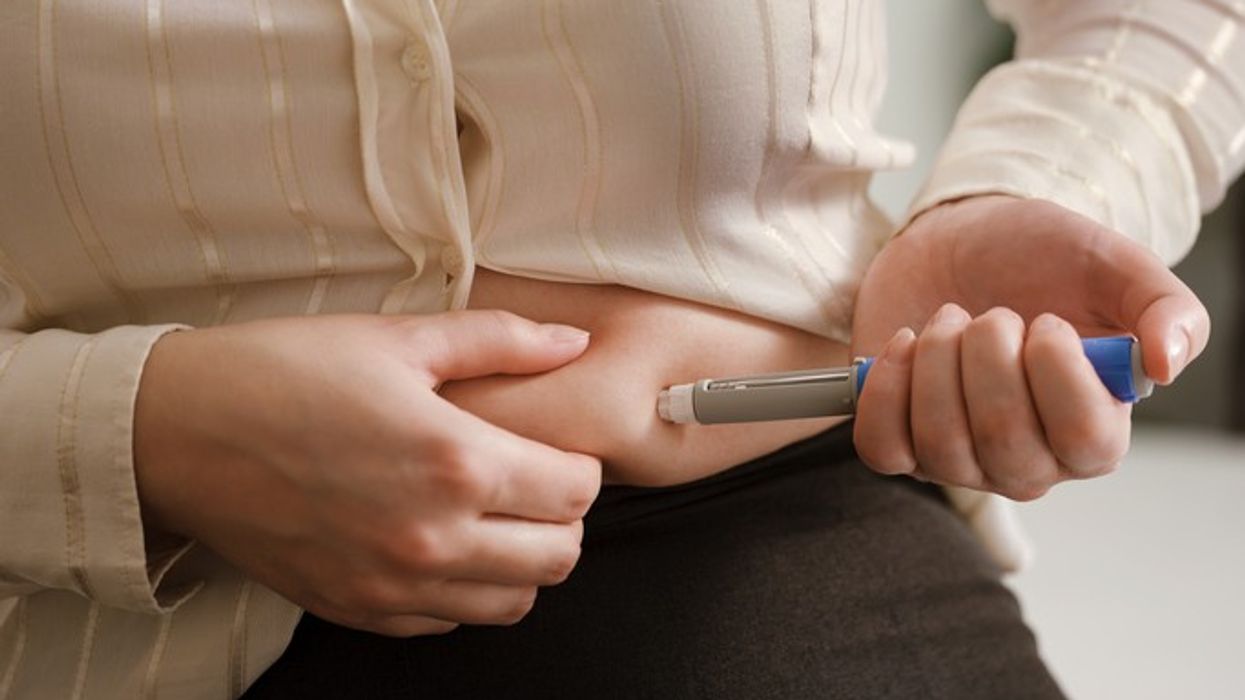WW, formerly WeightWatchers, has filed for bankruptcy in the United States as it faces mounting debt and major shifts in the health and wellness sector, particularly due to the rising popularity of Ozempic.
The company has entered Chapter 11 bankruptcy proceedings, allowing it to restructure around $1.15 billion (£860 million) in debt while continuing day-to-day operations. WW stressed there would be no disruption to its services, with workshops, digital tools, and telehealth support remaining fully accessible to members.
The filing is aimed at stabilising the business during what WW describes as a period of significant change. In recent years, medications like Ozempic, originally developed for diabetes, have gained mainstream attention for their weight-related benefits. This has disrupted traditional weight management methods and challenged companies like WW to adapt quickly.
“WW is navigating a rapidly evolving health landscape,” said Chief Executive Tara Comonte. “We are entering this process with the strong support of our lenders and a clear plan for long-term growth.”
WW said much of its debt had built up over decades and that bankruptcy protection would allow it to reduce financial pressure while investing in future strategies. The firm stated that the reorganisation process is expected to conclude in around 40 days, after which it aims to emerge as a publicly traded company.
While the brand continues to offer its established programmes, it has also begun integrating access to prescription medications like Ozempic through its clinical services. Despite this, the broader business has seen a downturn in revenue.
In 2024, WW posted a net loss of $346 million (£260 million). Subscription revenues dropped by 5.6% compared with the previous year, and in the first quarter of 2025, they were down 9.3%. However, revenue in its clinical segment — which includes services related to medications such as Ozempic — rose by over 57%, reflecting shifting consumer interest.
WW clarified that the bankruptcy filing is a financial restructuring, not a closure. Customers may receive legal notifications as part of the process, though no action is expected from them.
Founded in the early 1960s, WW began as a support group for weight management and grew into a global name with millions of members. In 2018, the company rebranded from WeightWatchers to WW, signalling a move towards a broader focus on health and wellbeing.
Now, facing growing demand for pharmaceutical solutions to weight issues, the company is rethinking its role in the market. While embracing new tools like Ozempic within its offerings, WW continues to position itself as a provider of long-term support for healthy living.
“We’re here to stay,” the company said in a statement, affirming its commitment to members as it works through financial restructuring.





